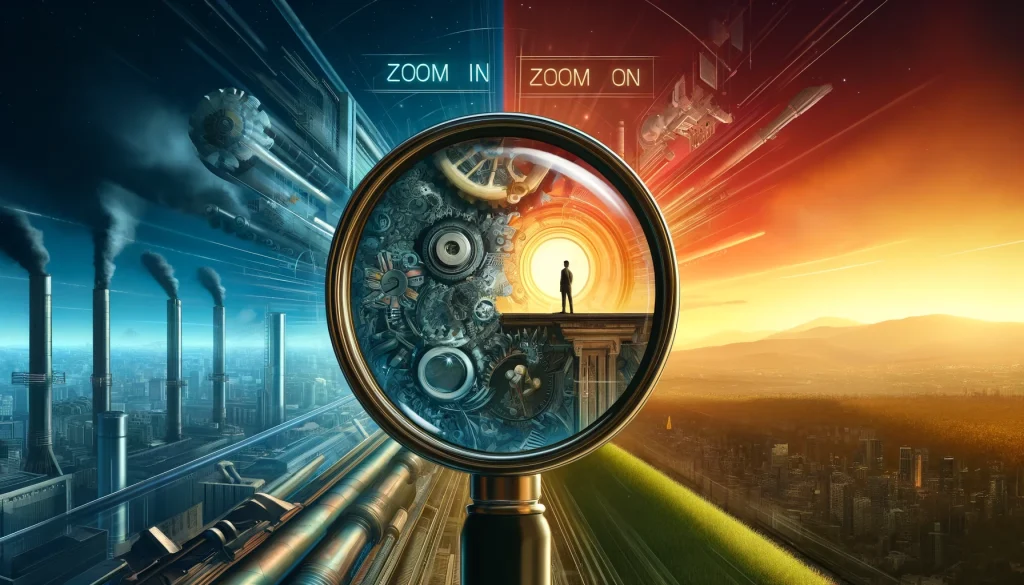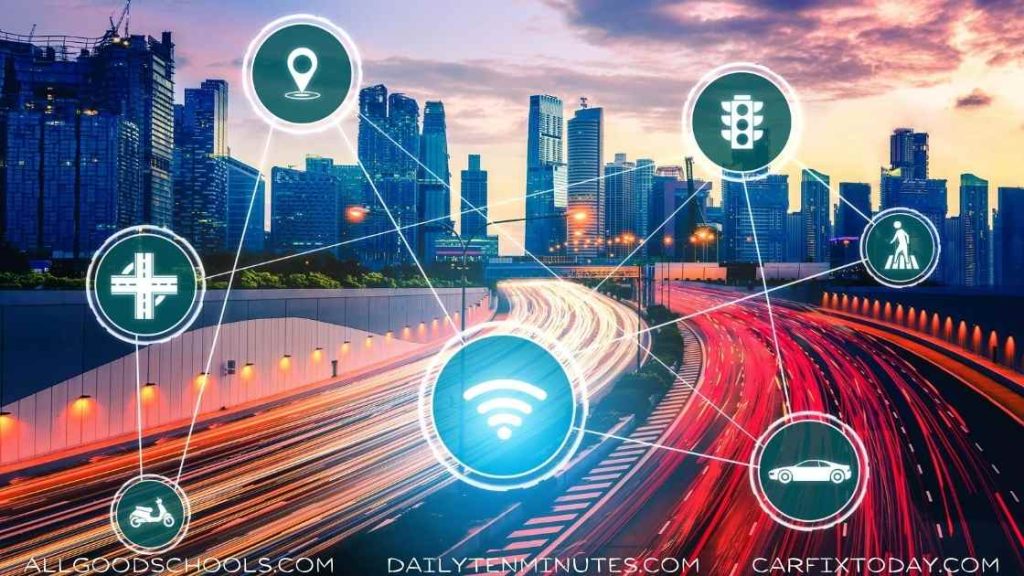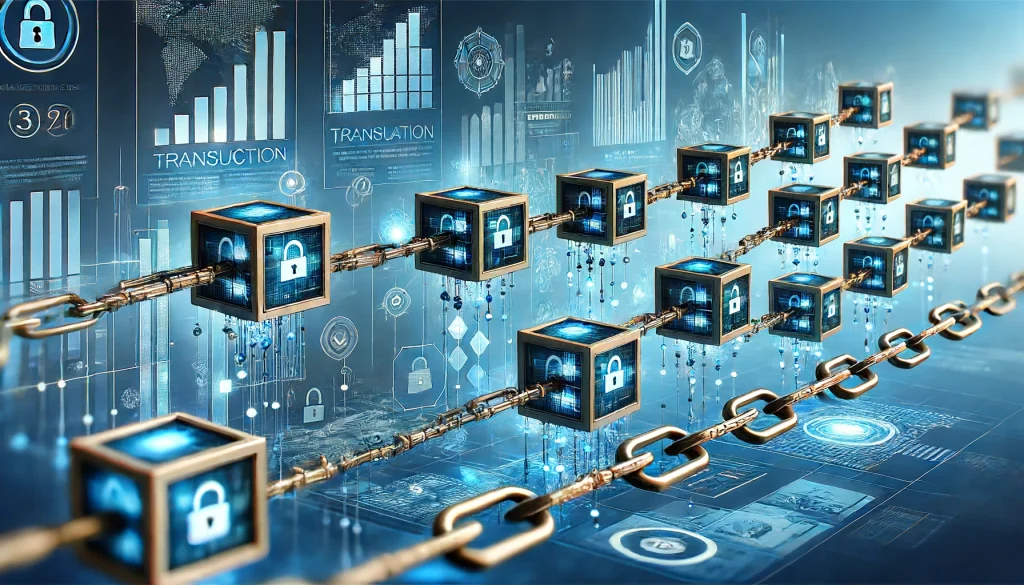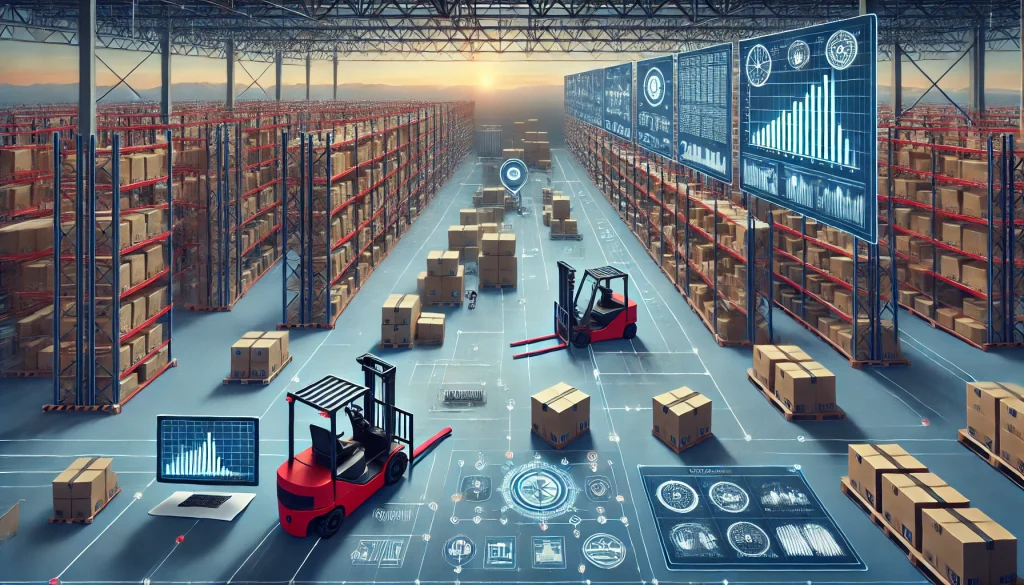The near future of AI, over the next 2 to 5 years, promises to be transformative across industries and daily life. As AI continues to evolve, it will likely lead to more advanced, responsible, and ubiquitous applications. Here’s how I imagine the future of AI in the coming years:
1. AI in Daily Life: Ubiquity and Integration
- Increased Personalization: AI will become even more integrated into everyday tools, providing hyper-personalized experiences. From virtual assistants that understand user preferences deeply to AI-powered recommendations in entertainment, shopping, and learning, the integration of AI into consumer life will be seamless.
- Smarter Virtual Assistants: Personal AI assistants will be more context-aware, understanding emotions, multitasking, and offering more sophisticated help. Instead of simple commands, they will engage in nuanced conversations, schedule tasks, manage devices, and act as central hubs for personal data.
- AI and Smart Homes: Home automation will become more intelligent and predictive, with AI managing energy efficiency, security systems, and even anticipating human needs through behavioral learning.
2. AI in Business: Automation, Efficiency, and Decision Making
- AI-Driven Automation: Businesses will increasingly rely on AI to automate not just repetitive tasks but also more complex decision-making processes. From customer service chatbots to autonomous supply chain management, AI will streamline operations, reduce costs, and drive efficiencies.
- AI-Powered Analytics: AI will continue to revolutionize business intelligence, offering real-time data analysis, predictive insights, and enhanced decision-making capabilities. Companies will use AI to make strategic decisions based on highly accurate data models.
- Generative AI in Content Creation: AI like ChatGPT will power everything from automated marketing copy to creative writing and design. It will also be used to assist in legal documentation, software code generation, and complex report drafting.
- AI in HR and Recruitment: AI will refine hiring processes, with smarter tools for candidate screening, matching talent with roles, and even providing insights into employee retention and satisfaction.

3. AI in Healthcare: Precision and Accessibility
- AI-Driven Diagnostics and Treatment: AI will enhance diagnostic tools, allowing healthcare professionals to detect diseases earlier and with greater precision. Personalized treatment plans, powered by AI, will cater to individual patient genetics and conditions. 8 Impacts of Artificial Intelligence on Healthcare Industry Growth – Exceediance
- Telemedicine and AI: Virtual health consultations augmented by AI will become more prevalent, reducing the need for in-person visits while providing accurate preliminary diagnoses and treatment recommendations.
- AI in Drug Discovery: AI will significantly accelerate drug development by identifying potential compounds, predicting drug interactions, and modeling clinical trials. This can shorten the time to market for critical treatments.
4. Responsible AI: Governance and Ethics
- Stronger AI Regulations: As AI grows, so will the need for comprehensive regulation. In the next few years, governments and international bodies will likely establish stricter frameworks to ensure responsible use, including guidelines on bias, data privacy, and accountability.
- AI for Good: There will be an emphasis on using AI for solving global challenges like climate change, poverty, and public health. AI-powered models will help predict and mitigate the effects of natural disasters, optimize resource use, and improve global supply chains.
- Improved Bias Detection: AI models will include stronger mechanisms to detect and correct biases, ensuring fair and equitable outcomes across industries like hiring, finance, and criminal justice.
5. AI in Education: Personalized and Scalable Learning
- Personalized Learning: AI will enable tailored educational experiences, where learning platforms adapt to individual students’ strengths and weaknesses. This will enhance both K-12 and higher education, providing more targeted feedback and content pacing. 15 Great Benefits And Risks Of Using AI Parenting Apps
- AI Tutors: Virtual AI tutors will become more common, providing real-time assistance to students, helping with homework, clarifying concepts, and even providing emotional encouragement for those struggling with subjects.
- Lifelong Learning and Reskilling: With the rapid pace of technological change, AI will play a major role in continuous education, offering workers personalized, flexible learning paths for reskilling and upskilling.
6. AI in Creativity: Enhanced Human-AI Collaboration
- Collaborative Creativity: AI will collaborate more with humans in the creative arts, from designing fashion and creating books and generating visual art. AI-generated content will become a mainstream tool for creators, not as a replacement but as a creative partner.
- AI-Enhanced Tools: Platforms like Adobe and Autodesk will offer increasingly powerful AI tools that help designers, animators, and architects create more complex, high-quality works with less effort.
- Generative AI in Media: AI-generated or AI-augmented content—whether in video, audio, or text—will become more sophisticated, blurring the line between human and machine-created media. This may create new challenges in identifying authenticity but will push the boundaries of content creation.
7. AI in Transportation: Autonomy and Efficiency
- Advancements in Autonomous Vehicles: Over the next few years, autonomous driving technology will mature, leading to more self-driving vehicles on the roads. AI will improve traffic management, enhance safety features, and optimize routes, reducing congestion in urban areas.
- AI in Aviation and Shipping: Beyond cars, AI will play a bigger role in optimizing flight paths, cargo logistics, and even piloting drones for deliveries. Autonomous transportation will reshape industries and logistics networks.

8. AI in Security and Privacy: Defense and Challenges
- AI-Enhanced Cybersecurity: As cyber threats become more sophisticated, AI will be instrumental in detecting vulnerabilities and preventing attacks. AI models will be trained to predict and react to potential threats, offering faster responses than human-based systems.
- AI for Fraud Detection: Financial institutions and e-commerce platforms will use AI to identify fraudulent transactions in real time, enhancing security and trust.
- AI and Privacy Concerns: The rise of AI-powered surveillance and data collection will also spark debates around privacy. Governance models will need to ensure the balance between AI benefits and the protection of individual rights.

9. Edge AI: Real-Time, Decentralized Processing
- On-Device AI: AI models will increasingly run on edge devices (e.g., smartphones, IoT devices), reducing the need for cloud-based processing and enabling faster real-time decision-making. This will improve latency for applications like autonomous cars, drones, and smart cities.
- AI for IoT: AI will play a significant role in the Internet of Things, allowing devices to process data locally and make smarter, real-time decisions for tasks like home automation, industrial operations, and environmental monitoring.

10. The Rise of Explainable AI (XAI)
- Transparency in AI Decisions: As AI becomes more embedded in decision-making, there will be a push for models to be more interpretable and explainable. Explainable AI will help users understand how AI systems arrive at their decisions, particularly in critical fields like healthcare, finance, and legal matters.
- Trust and Accountability: Explainable AI will foster greater trust in AI systems by providing clear reasoning behind decisions, thus reducing the “black box” problem and making it easier to identify and correct potential biases or errors.

Key Challenges and Opportunities:
- Ethical Use: Ensuring AI is used ethically and responsibly will continue to be a central focus, particularly with the development of more advanced AI that can impact human rights and societal norms.
- Workforce Displacement vs. Augmentation: AI will displace certain jobs but also create new opportunities in industries that embrace human-AI collaboration, leading to a restructuring of the workforce.
- Public Trust and Perception: Building public trust in AI through transparency, education, and responsible regulation will be key to AI’s continued advancement.
In summary, the next 2-5 years in AI will bring incredible opportunities for innovation, but they will also require careful governance, ethical practices, and collaboration across industries and governments to ensure these technologies benefit society as a whole.
